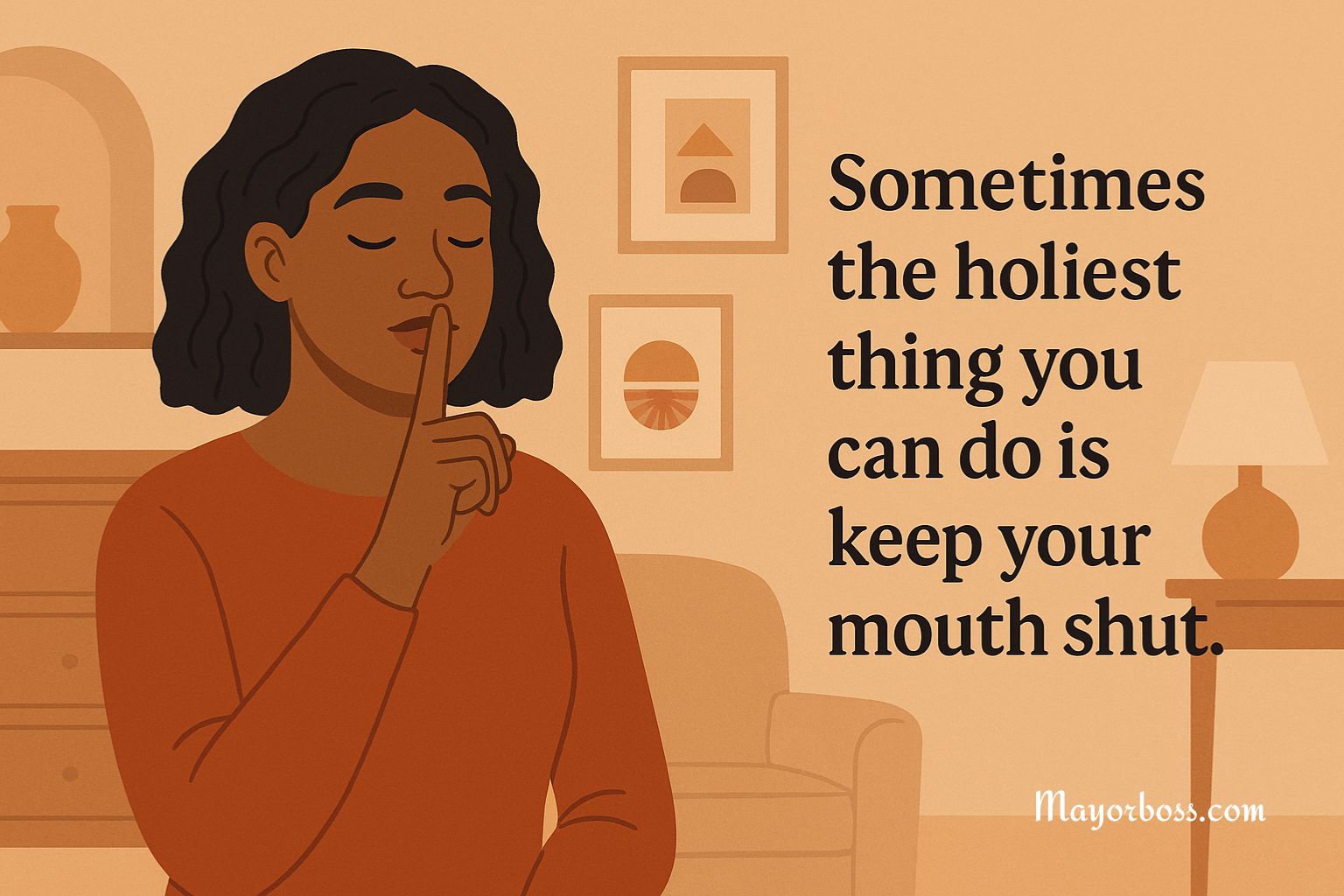Waking Up Hungry at Night? Here’s Why (and How to Stop It)
We all need a good night’s rest to stay healthy and energized. But sometimes, a seemingly insatiable hunger can disrupt our sleep, leaving us feeling frustrated and tired. If you find yourself consistently waking up in the middle of the night with a growling stomach, there might be several reasons why. Let’s delve into them.

Why Do I Wake Up Hungry?
Here are some of the most common culprits behind nighttime hunger:
- Inconsistent Mealtimes: Skipping meals throughout the day or eating dinner too early can lead to a calorie deficit. Your body needs fuel, and when it doesn’t get enough, hunger signals may wake you in an attempt to get you to eat.
- Large Meals Before Bed: While eating a substantial meal close to bedtime might seem like a way to avoid nighttime hunger, it can backfire. Your body may still be digesting the meal when you try to sleep, causing discomfort and interfering with your sleep cycle.
- Imbalanced Blood Sugar: Fluctuating blood sugar levels can cause dips during the night, triggering hunger cues. This is often the case if your meals are rich in carbohydrates and sugar and low in protein and fiber.
- Changes to Workout Routine: If you’ve recently started a new workout regime or increased your current routine’s intensity, your body requires additional calories to replenish energy and rebuild muscle. This might translate into increased hunger, even at night.
- Stress and Anxiety: Stress hormones can influence hunger signals, making you crave food even when your body is not physically hungry. Additionally, stress can disrupt your sleep patterns, leading to you waking up more often.
- Underlying Health Conditions: While less common, conditions such as diabetes and hyperthyroidism can affect your appetite and blood sugar regulation, leading to nighttime hunger.
How to Prevent Waking Up Hungry
Try these strategies to help prevent those late-night hunger pangs:
- Eat Regular, Balanced Meals: Aim to eat 3 balanced meals a day with healthy snacks in between. Focus on including protein, fiber, and healthy fats in every meal, as these keep you feeling full for longer.
- Dinner Timing: Have dinner a few hours before bedtime to allow your body time to digest the food. Avoid heavy, greasy, or spicy foods right before bed.
- Smart Snacking: If needed, include a light snack containing protein and complex carbohydrates before bed (more on this below). This can stabilize blood sugar throughout the night, reducing the chance of hunger-induced wake-ups.
- Stay Hydrated Throughout the Day: Sometimes, we confuse thirst for hunger. Drinking enough water throughout the day can help manage your appetite.
- Manage Stress Levels: Engage in stress-reducing activities like yoga, meditation, or deep breathing techniques. Getting enough sleep can also help you manage stress better.
Best Options for Nighttime Snacks
If you find that you regularly wake up hungry, it’s helpful to have some go-to snacks on hand. When choosing a nighttime snack, prioritize options that are:
- High in protein and fiber: These nutrients promote a sense of fullness and help keep your blood sugar stable.
- Low in sugar and unhealthy fats: These can lead to energy spikes and crashes, further disrupting your sleep.
Here are some great choices for a nighttime snack:
- A handful of nuts or seeds
- Plain Greek yogurt with berries
- Hard-boiled egg
- Whole-wheat toast with nut butter
- Small bowl of unsweetened cereal with milk
- A piece of fruit with string cheese
Frequently Asked Questions
1. I’ve tried eating a snack before bed, but it doesn’t help. What else can I do? If a pre-bedtime snack doesn’t fix the issue, consider adjusting your dinner portions or eating dinner a bit later. Also, examine your stress levels and explore stress management techniques.
2. If I wake up hungry, is it okay to eat in the middle of the night? While it’s generally best to avoid eating at night, sometimes the hunger is too strong to ignore. In that case, stick to the small, easy-to-digest snack options listed previously.
3. Should I see a doctor about waking up hungry? If the tips don’t help and you’re losing weight or experiencing other symptoms, make an appointment with your doctor to rule out underlying medical conditions.






